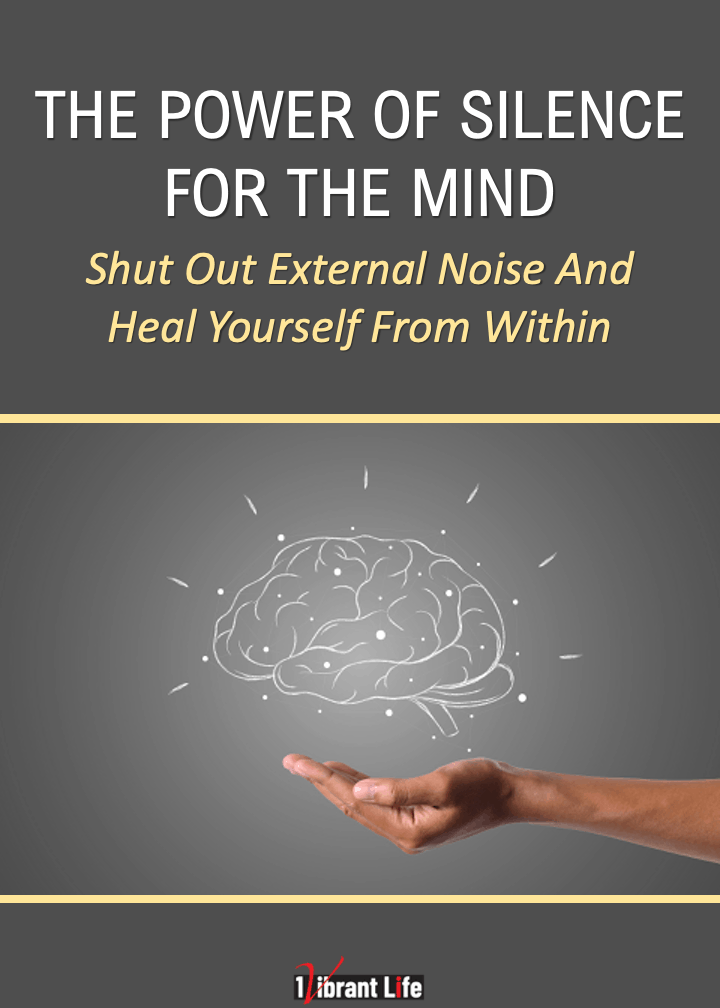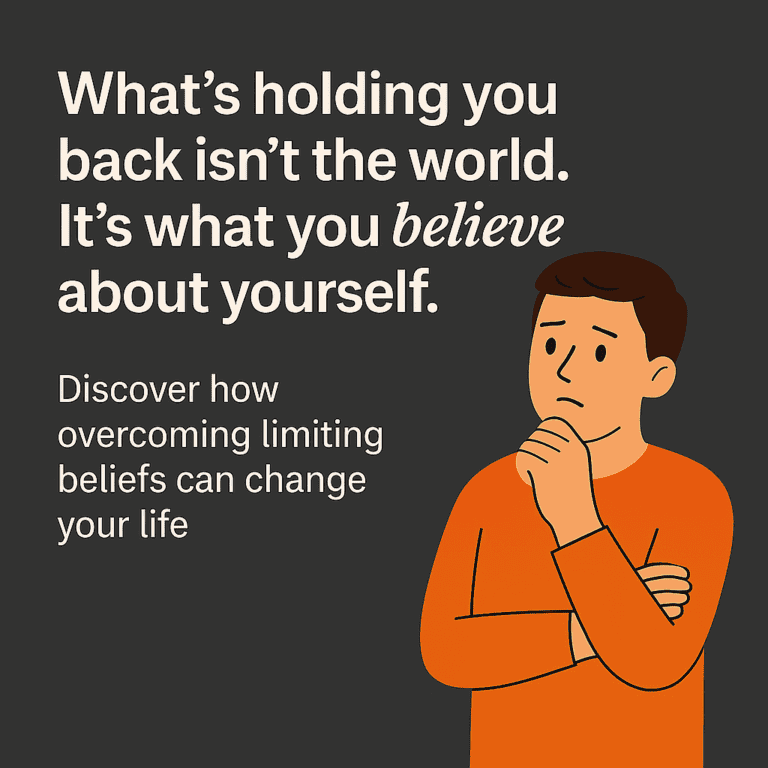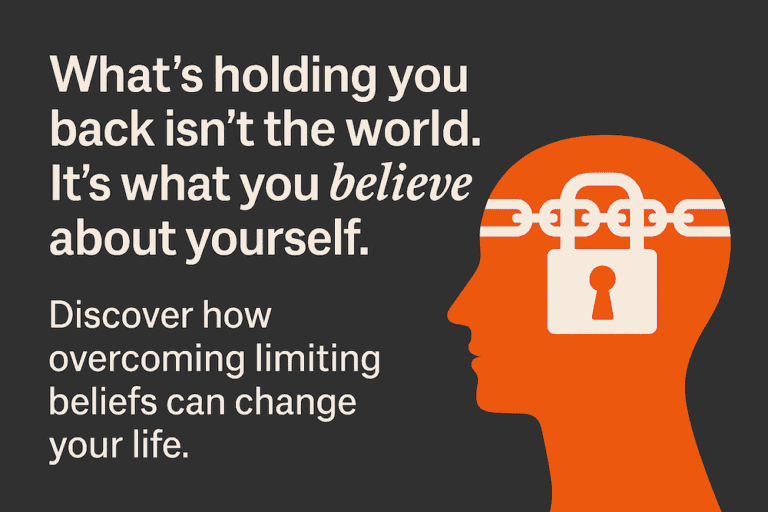How to Say No Nicely, Especially When it’s Hard to Say
Learning to say no nicely, especially when it’s hard, is an essential skill we all need to have at our disposal throughout our lives. How to say no is one of the first things we learn to do as children, and most of us probably use it frequently and without hesitation! However, the how and when of saying “no” becomes harder for many of us once we grow up.
Even so, there are many situations in life where we need to have the self-awareness and courage to say no to others on our own terms. Because In the long run, we all want to be able to say no, in a polite manner, remain a team player, and not hurt another person’s feelings.
At the end of the day, it’s an important life skill set we all need to learn.

Martin Ward | February 11, 2021
A Therapist’s Perspective on boundaries and saying no.
In my work with clients, the issue of boundaries regularly comes up. Resentment builds and causes pain when it’s hard to say “no.” Saying no can challenge your self-identity.
Perhaps you feel that in saying no, you’ll be rejected. You may feel you have to please others or that it is selfish to say no.
As I work with clients, we gently explore how an inability to say no to others results in a firm no to your own wellbeing and serenity.
This blog takes the practical and pragmatic approach that the best way to learn to care for your own boundaries is to practice and hone the art of saying no at times. There’s plenty of tips as to how to express your no in a range of settings.
“It’s only by saying No that you concentrate
on the things that are really important” – Steve Jobs
There’s An Art In How To Say No Nicely
Trying to maintain the boundaries that you’ve set for yourself, what you need, want, should, or shouldn’t do, knowing how to say no to someone, and being able to say no nicely to them without hesitation, especially when it’s difficult, is a lifesaver.
Saying no to our families, friends, team members, and coworkers can be very challenging.
We must all learn the right way to say no gracefully, thoughtfully, and respectfully. There is no one walking the planet that doesn’t need a new and different way of saying no, especially in our close personal relationships.
Now, we’re not talking about the simple “no thanks!” at the last minute of a lunch invite that we can easily say to someone at work who asks if you’d like a cup of coffee as they head out for a Starbucks run.
A “no thanks” is one of the common, quick, easy and simple ways of saying no. It’s generally appreciative in tone, and we don’t have a hard time delivering or receiving this simple reaction.
Why? Because there are no strong emotions attached to this type of no response, either when given or received. It’s not going to hurt a person’s feelings.
We don’t take it personally, and we don’t expect that others will either. Herein lies the entire issue when telling someone no: the degree to which they may take it personally.
When we have a hard time saying no to someone, it’s usually because we’re worried that they’ll think we’re rejecting them personally.
This feeling can stem from feeling personally rejected when someone says no to us.
But it’s important to remember that this “no” is not a rejection and that there are ways to make that clear when we talk to others, making it easier to keep our boundaries in place and communicate them effectively.
In this post, we discuss learning how to say no when it’s hard for you to communicate and may be hard for someone else to receive and react in a friendly fashion.
And yes, there’s an artful and much higher quality way of saying no and doing it nicely next time you need to.

eBook

Audio eBook

eBook
Three personal growth tools for you as a gift for visiting 1VibrantLife.com
A Great Line To Use When Saying No Nicely.
Let’s start with a terrific line for telling someone no gracefully right off the bat.
And, It’s a line that you can use right away.
This simple line can save you a lot of time by clarifying your meaning or the real reason and reducing the chances you’ll have to explain yourself any further.
It works very well in most instances when you need to say no to anyone. It’s a brilliant and priceless gem in the gracefully learned art of saying no.
“I’m sorry, but that’s not going to work for me.” That’s it. You can stop reading now if you want to because that’s the best, most thoughtful, most graceful way that I’ve ever found when wondering how to say no to someone.
It works almost all of the time.
It’s perfect, because who can argue with that very kind, thoughtful, elegant answer you just gave them? “I’m sorry, but that’s not going to work for me.”
You can add in a word like “really” or “just,” or modify it to specify a time frame: “That’s not really going to work for me tonight,” or “That’s just not going to work for me.“
However, you may want to say no in this way, it will work exceptionally well for you.
Although you may be tempted to attach a bunch of qualifiers, do your best to keep it simple and not embellish it too much.
The great thing with this simple statement is that when you need to say no, you just don’t need to change it that much for most circumstances.
The person that has just asked you a question that you need to say no to can quickly process this answer, and they’ll naturally let go of any attachment they have to your answer because it clearly has nothing to do with them.
Whatever someone might ask you to do, when you say it does not work for you, it does not work for you.
Simple, straightforward, period, end of the story.
Whether they’ve asked you to break the law or even just to have dinner, they can’t press the matter or argue since there was no “because” attached to your “no.”
If you’re not sure that it would work, consider how you’d react if someone said this to you.
Even if you’d be a bit disappointed, you wouldn’t feel personally attacked, right? It’s a fantastic gem in the art of saying no to someone, and it works 99.9% of the time.
The ability to say no gracefully does a couple of essential things when communicating with others.
It helps those we need to say no to, and even if only in some small way, they don’t generally leave with hard feelings when we say it. And it also helps us not feel so guilty when we do need to say it.
They will also most likely ask us to do the same sort of thing again at a later date.
Being able to say no respectfully and gracefully is a real art, but the great thing is that it’s something we can all learn.
We’ve already given you a tool that will help you immensely, but if you’d like to learn more about saying no, read on.
We’ll cover the most critical types of interpersonal interactions where you may need to say no and give you some tools and examples for learning how to say no gracefully and with conviction.
Yes, it’s possible to be confident and to say no without any regrets, especially in tough personal or professional situations.
Why We Need To Be Able To Say No
The real important things here to remember about saying no gracefully are that #1, we need to do what is best for ourselves in our lives. And #2, only by taking care of ourselves will we be able to function at our best.
Even if you desire to be there for others, you cannot say yes to every request because you’ll burn yourself out, which helps no one.
No matter what we choose to do or not do in our lives, all of our endeavors’ success relies on our motivation and inspiration.
In her article in Psychology Today, “The Power of No,” Judith Sills, Ph.D. writes:
“Wielded wisely, No is an instrument of integrity and a shield against exploitation. It often takes courage to say. It is hard to receive. But setting limits sets us free.”
When we feel like we’ve gotten ourselves pulled into saying yes to something when we know in our hearts that we should have said no, it often leaves us in a weakened frame of mind, the last thing we need in most situations, and we’ll struggle to accomplish whatever it was that we’ve said yes to, what to speak of enjoying it.
You know the feeling, right?
We can never really enjoy anything or do anything well when we know we should have said no instead of yes. It’s just human nature.
Let’s get into some situations where we must know how to say no gracefully.
When we can do this well, it will make our lives better and make things easier for anyone we are involved with when asked to do something that we know we should not do.
The list below will be in the order and the perceived difficulty level.

How to say no to a spouse or partner
Good communication should be part of the foundation of every good relationship. Being able to say no to a partner or spouse is an important skill.
First, one important note: this article will not be discussing consent in a sexual relationship, except to say that, of course, active consent is essential in any sexual encounter, and no always means no.
In this section, we’ll be discussing other day-to-day interactions you may have in which you need to say no gracefully.
The basis of any union should be that you’ve decided to work together to live a happy and fulfilling life, not a life that is planned, directed, and executed by only one party.
That is a sure recipe for disaster.
When your spouse or partner asks you to do something, it’s always a good idea to give yourself a bit of time to process the question.
You need to learn to regulate how quickly you answer when they ask because even if it sounds simple enough, it can create a world of trouble if you don’t hear precisely what they’re asking, even when it’s partially unsaid.
Here is an example:
Want to go to a movie or the zoo, hon? Now that may sound like a simple enough ask, right?
Wrong!
They’re probably really saying that they want to spend some time with you doing something fun or engaging.
They probably don’t care if it’s a movie or the zoo or even going over to the lake to take some pictures of the ducks; they just want to be with you.
When you realize what they’re really asking, you can answer the question more honestly.
Even if you don’t want to go to the movies or the zoo, you can say no while making an alternate suggestion.
Pat LaDouceur, Ph.D., says in her post “How to Say No to People You Care About” on Mentalhelp.net:
“The first step is to get clear about what you want. If you’re not sure, give yourself time to sort it out. You’ll need to understand your own wishes well to know whether or not there is room to compromise.”
Imagine if you just said “no” to the question we’re talking about. You just told your partner that you don’t want to be with them doing something.
Pat LaDouceur has your back here too:
“If you’re not sure, postpone the conversation: ‘Let me think about that and get back to you tomorrow afternoon.'”
Of course, in this instance, they want to do something today, so getting back to them tomorrow afternoon won’t work, but the same tactic still works here.
If you need a little time to think, say so. Think it over and come up with some compromises that you could offer up.
You can easily avoid misunderstandings and hurt feelings if you just give yourself time to think!
Then, instead of a rejection, provide some ideas that you think your partner would appreciate.
In the case we’re looking at, you’ll be demonstrating that not only do you want to spend time with them, you understand that’s what they really want.
With a partner, these kinds of apparently simple questions often have much more involved. Attentive listening is critical.
What might you hear in “Hey Bob, do you want steak or chicken tonight?” If you are really listening, that kind of ask tells you that they really don’t care.
Stop, think, and listen to what your partner is actually asking you in the question. Does it mean something important to them or not?
Is their request as simple as you might think it is? Consider the potential consequences of a quick “no” before you answer.
You love them, so take a minute and think about what they genuinely want to ask you.

How to say no to your friends
Though the situations you encounter with friends may not be as sensitive as the ones you do with a spouse, your friends are still your best support system, in good times and bad.
So you need to be thoughtful and considerate when you occasionally need to say no.
It’s inevitable that you’ll have to say no to an invitation or a request from a friend.
That’s why it’s important to say no in a way that honors them and lets them know that they hold a significant position in your life while still maintaining your boundaries.
As Carina Bonasera states in her post “The Right and Wrong Way to Say “No” to a Friend” on Thrive Global:
Saying “no” to friends is never easy, but there are ways to do so in which both of you come out feeling confident about the relationship. A good way to approach this uncomfortable situation is to speak with compassionate directness — in other words, communicate honestly, but with empathy and consideration, in order to protect your friend’s feelings while respecting your own needs.
This is an excellent place to talk about honesty when saying no to someone because, just as with your spouse, your friends and family deserve honesty instead of invented excuses.
Don’t take the easy way out with “oh, I have to be somewhere” or “I’ve got to catch up on work” or another inane lie when it’s hard to say no.
You may think that you’re sparing their feelings. But have you ever felt like someone was making excuses and brushing you off? Not a great feeling.
Again, this is a perfect time to simply slow down and think for a few seconds. It’s always okay to respond with, “Oh, I’m sorry, but that’s just not going to work for me today.”
See, as we said, this is a great way to say no when you just don’t want to do something.
An excellent way to make it easier to say no to a friend is to take the initiative to present an alternative—a different day to get together or a different activity.
How to say no to people you aren’t that close with
You might think that saying no to someone that you’re not that close with or someone you just met might be easy, but the truth is that it can still be complicated.
You could find yourself having to say no to someone who is good friends with your family members or other friends of yours.
Or perhaps it may be someone that you’ve just met, sitting on a park bench while taking a break after lunch. Either way, it can be a touchy situation.
Again, the best thing to do is be straightforward and make it clear that it isn’t personal.

How to say no to your Boss
The most challenging person in knowing how to say no to may be your boss.
However, there are significant boundaries for an employer that can give you cover when needing to say no.
Employers are bound by certain laws when requesting an employee to do something. You might want to check these relative laws in your state.
If your boss asks that you do something that you think maybe unethical or unlawful, you need to contact the HR department or a good lawyer about how to respond.
In the article, 6 Situations When It’s okay to Say No to Your Boss by Steven Dzierzanowski, he points to a couple of areas where you have every legal right to say no:
The rules exist to follow them, and breaking them may cause big troubles. You have every right to say no at work when it comes to illegal activities. What “illegal” things your Boss may ask you to do? For example:
- Disclosure of proprietary information from the previous job
- Improper dealings with customers
- Firing someone illegally or neglecting safety concerns
In these cases, saying no is clearly necessary.
In other cases, your boss may be asking you to do something that you cannot, would not, or should not do, for whatever personal reason you might have.
Being asked to stay late, work on something over the weekend, or travel on short notice are the kinds of typical work responsibilities and acceptable emergency requests that may come up, but if they become quite frequent and start interfering with your life and crossing your boundaries, it’s time to say something.
Here are some key areas where it’s not only acceptable but imperative for you to say no to your Boss:
- They are bullying you into doing things you are not comfortable doing.
- They’re harassing or belittling you into doing something you don’t want to do.
- They are asking you to do something unethical.
- They are asking you to do something unreasonable.
Note: The information in this post is in no way intended to be legal advice. You must always seek a lawyer for your personal legal counsel.

How to say no when asked out on a date
Finally, here’s another situation in which you can be faced with the need to say no gracefully.
Rejection is hard from both sides. Let’s take a closer look.
It’s only natural to hope that you’ll run into the perfect person, and they’ll be interested enough to ask you out for a cup of coffee or lunch. You’ll hit it off, and it’s happily ever after time.
Maybe this will happen at some point, but it’s much more likely that you’ll end up having to turn down someone who has an interest in you that you feel in your gut is not quite right for you. This can be quite difficult.
It’s hard to know how to say no to someone who thinks we’re the cat’s meow unless you’re a heartless jerk, which of course is not the case because you’re reading this post. 😀
This is where rejection can hurt the most, and the best thing to do here is to put yourself in their shoes.
Recognizing how you would want to be treated in this situation is the key. If you’ve ever asked someone out in the past and they’ve said no, you might have some clarity here.
What was your experience? Were you let down kindly? If so, take a minute to appreciate the kindness that person showed you, and pay it forward. If not, consider what you’d have preferred to hear.
If you’re not sure about someone, it might even be a good idea to go with them for a cup of coffee or a bite to eat and get to know each other better.
If you feel you’re not a match, perhaps they might even end up feeling the same way, next.
Or maybe they’ll turn out to be someone you’re interested in after all.
The most important part of saying no to someone in this situation is letting them know that you care for them, respect them, and that they are indeed a wonderful person, but that getting involved more intimately with them now is simply not going to work for you.
See, there it is again. 😀

My Name is Marty Ward and I’m the creator and publisher of the 1-Vibrant-Life blog.
At the age of 26, in 1984, I was injured in a car accident in which I sustained a traumatic brain injury.
At the time of the accident, I was having a fairly successful life as a musician in Chicago, which included a recent appearance on Star Search 84′ with Ed McMahon and preparing to be included in a group major independent recording contract.
However, after my accident, I was unable to perform or play my instrument. I was out of work and I had lost all confidence in myself and my abilities, felt lost and with no direction.
My injury and my recovery led him down a path of self-improvement, and self-discovery which gave me my life back filled with many amazing experiences and a newfound sense of hope. Learn more about my story on the 1-vibrant-life about page.
CBTCP Certification (Cognitive Behavioral Therapy Certified Practitioner) | 10-16-2021 Certification From The Academy of Modern Applied Psychology, in The Transformative Science of Cognitive Behavioral Therapy, CBT

Claire Law is a UK-based Counsellor and Psychotherapist from Preston, Northern England. Claire became a therapist after a career of almost two decades of High School teaching experience. She’s also worked extensively in the Social Care and Charity Sectors, and as a Mental Health Advisor in Higher Education. Claire combines her current Psychotherapy practice with freelance writing on Mental Health, Wellbeing and Psychology topics. She has a passion for Social Justice and environmental causes.
Claire holds a degree from Nottingham University, a Post Graduate Certificate in Education from Leeds Trinity University College and a Post Graduate Diploma in Integrative Psychotherapy from the University of Central Lancashire. She’s completed a wide range of extensive training and certifications in Domestic Abuse, Survivors of Sexual Abuse & Sexual Violence, Suicide and Self-Harm, Expressive Arts Therapy, Gender Variance, Online and Telephone Counselling and Polyvagal Regulation developed by Stephen Porges, a professor of psychiatry at the University of North Carolina and “Distinguished University Scientist” at Indiana University.



